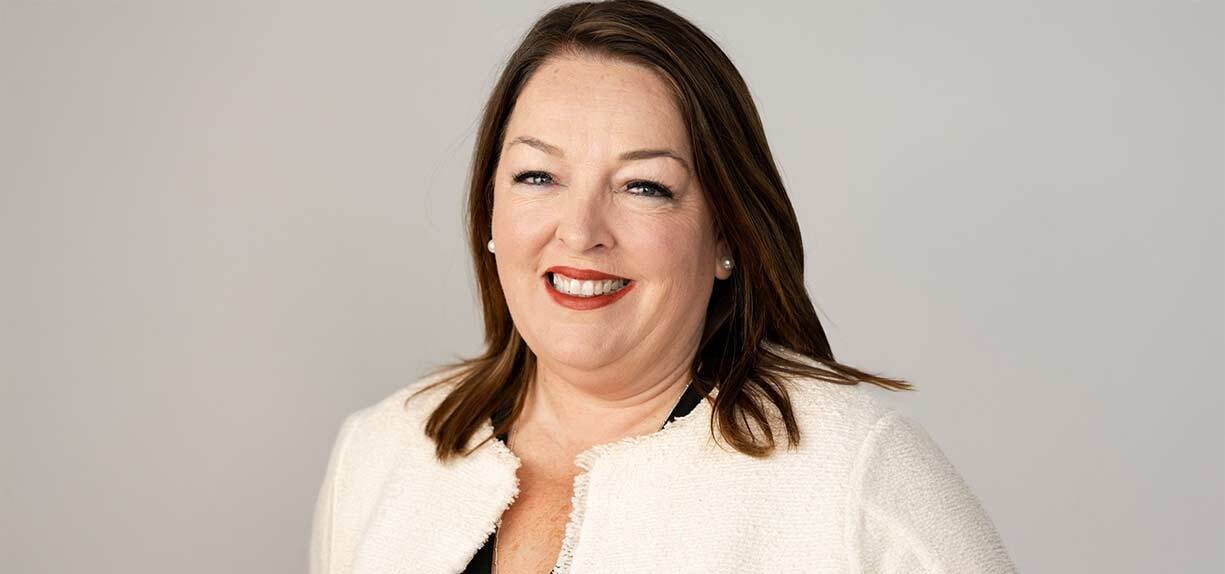Business leaders in Lancashire have been giving their reaction to Rachel Reeves’ Autumn Budget earlier this afternoon.
READ: Reeves delivers £26bn tax rise Budget
Chancellor Rachel Reeves delivered a Budget that will raise taxes by £26bn in 2029-30.The package of hikes announced will take the tax burden to an all-time high of 38 per cent of GDP, according to the Office of Budget Responsibility (OBR).
Measures announced today include freezing thresholds on personal tax and employer National Insurance contributions for three years from 2028-29 - a move that will raise £8bn.
Roger Philips, tax partner at PM+M said: “Individuals and businesses should now have time to breathe and take stock – hopefully allowing them to focus on making sensible investment decisions going forward.
"However, in a world where the success of the Government’s economic policy is entirely dependent on the creation of growth, many will be left scratching their heads as to whether the government has missed an open goal to deliver a more credible, long-term plan to achieve that growth, which is so desperately needed.
"Plenty was said about growth and entrepreneurialism, and we heard about expansions of the availability of EIS and VCT, but we could have heard much more.
"The easy fix to plug the black hole that the Chancellor was faced with this time around would have been for her to increase income tax across the board – something many of us were expecting after her bizarre and unprecedented pre-Budget “preparing the ground” speech earlier in November.
"However, with the (political) decision being taken not to increase income tax across the board, the real burden comes via a further three-year freeze on income-tax allowances and thresholds, additional tax on investment income and new levies on expensive properties and consumption. I’m struggling to see anything in there that screams “growth creation.”
"From a personal tax perspective, lower-income workers will welcome the rise in the living wage and freezes on certain household costs, however, with a frozen personal allowance that should be closer to £17k if it had increased with inflation, many non-taxpayers will now be drawn into to the tax net in the years ahead.
"For middle-income earners, the cumulative effect of the tinkering is likely to be punitive as the pain of fiscal drag continues and, with more being pulled into the higher tax bracket.
"When this is combined with other incremental tax pressures, for instance the curtailing of salary sacrifice benefits, which have been particularly valuable for those with incomes approaching or in the brackets where child benefit or personal allowances are depleted, this will ultimately mean less money in peoples’ pockets and less cash to inject back into the economy (something that is needed for growth).
"On the business tax side of things, there is a sense of under-delivery – albeit that was largely what was expected.
"The commitment to stability and investment support is welcome in principle, but we are still dealing with a patchwork system of reliefs rather than the coherent, long-term framework required to genuinely boost growth and competitiveness.
"Businesses, particularly SMEs, have endured years of shifting policies, and today’s announcements do little to resolve the complexity that continues to make business decision making tough.
"Once again, this felt like a fiscal event which has been spun to create headlines rather than to deliver structural solutions.
"The UK’s tax system remains unwieldy and complex. Public finances remain tight, and productivity challenges persist - none of which have been meaningfully addressed.
"I fear that by the Chancellor not having grasped the nettle and increased the general income tax rates, we may find ourselves back here in a year’s time (hopefully not six months), with a new black hole to fill –with fewer coins down the back of the proverbial sofa to fill it.
"Notwithstanding the above, the value of a period of calm should not be understated. Knowing the facts, even if they are imperfect, hopefully allows individuals and businesses to move forward with decision-making that has been on ice. But clarity without direction will only take us so far.
"Personally, I just hope that we get to the position where we have one of these fiscal events a year – something that has been promised. Two to three months of pre-Budget speculation a year is manageable. Four to six months is painful and helps nobody."
Tina McKenzie, policy chair of the Federation of Small Businesses, said the tax-raising Budget shows ‘the peril of a continuing economic doom loop’.

She said: “We must not be in the same place again next year, with more tax hikes to balance the books due to a lack of economic growth. The tax burden at a record high is the cost of failure to get growth and trim spending.
“Hikes to dividend tax mean the Government continues to make investing in your own business one of the least tax-friendly things you can do with your money.
“Plans to charge employers for supporting pension savings are a bad idea. The business rates measures will not help small firms and high streets nearly enough.
“We need the Government to follow this Budget through with serious, pro-growth measures that restore the confidence small businesses need to grow, invest and hire.
“While the Chancellor has taken important steps today on SME training and the new jobs guarantee scheme, ministers must now bring forward pro-business, pro-growth policies. Otherwise, we’ll be back at square one, stuck in the same rut we were in last year.
“Sorting out the Employment Rights Bill, fixing the broken small business energy market and backing more people to start new businesses are all necessary measures we need to see action on immediately.”
Matthew Johnson, partner at Preston-headquartered accountants and business advisors WNJ says the Budget will do little to raise the spirits of business owners.

He said: “There was little in the way of incentives to encourage businesses to invest in growth and raise the productivity the chancellor is so keen to see.
“Instead, we have been given a range of tax hikes that may close the fiscal gap but do nothing to help SMEs facing pressures on multiple fronts.
“The package includes increasing the tax rates on dividends, property and savings income by two percentage points, which will raise £2.1bn.
“There was some good news. The chancellor announced that training for under-25 apprenticeships will be free for small and medium-sized businesses. A new “youth guarantee” will provide £820m over the next three years.
“The government is also introducing what the chancellor called “permanently lower tax rates” for more than 750,000 retail, hospitality and leisure properties.
“However many businesses will also be looking at the potential impact of the raising of the minimum wage. It will increase for over-21s by 50p per hour from April, to £12.71 - a rise of 4.1 per cent. The rise was announced on the eve of today’s Budget.
“Workers aged 18 to 20 will get a bigger increase of 8.5 per cent, to £10.85 an hour. And 16 and 17-year-olds will get a six per cent increase to £8 an hour.
“Given labour costs are among the biggest barriers to growth, and the fact many businesses are still reeling from the increase in National Insurance contributions announced last autumn, the hikes may well put plans to increase staff numbers on hold.
“SMEs employ nearly 60 per cent of the UK workforce. They are also the backbone of the county’s economy, and it is vital that they are supported. It is disappointing we have not seen more of that support that is needed.
“Without a prosperous private sector, the economy will shrink and have further downward pressure on total tax receipts.”
James Kipping, head of private client tax at accountancy and advisory firm MHA, which has offices in Preston and Lancaster, said the Budget ‘held few surprises’.
He said: “Backing off from the more fiscally sensible rise in income tax that was briefly trailed earlier in the month Rachel Reeves was forced into a hotchpotch of tax rises which might have pleased her backbenchers but will not play well in Middle England who will bear the brunt of the income tax rises.
“This is a tax rise for pensioners. It does partially balance out the inequality between the taxation on earned and unearned income, although it adds more complexity.
“Is it now the time for a longer-term plan to merge NIC and Income tax? This would arguably reduce the inequality in the tax system and enhance tax revenues other than from working people.
“If this was designed as a Budget to save the Chancellor’s career it might well have succeeded but at what cost?”
Helen Gaskell, from Napthens is a solicitor who supports people with estate planning, wills, lasting powers of attorney, probate and trusts, looks at an important change to Inheritance Tax that Rachel Reeves announce in the budget on 26th November 2025.
She said: “There was an important change to Inheritance Tax announced, she slipped it in, so it was easily missed.
“The £1m allowance for Agricultural Relief (APR) and Business Relief (BPR) that is coming next April wasn’t to be transferable between spouses. Other allowances (Nil Rate Band/Residence Nil Rate Band) are transferable, so this seemed unfair.
“Some people have gifted shares/land in anticipation of the allowance remaining ‘use it or lose it’, but she has now announced that it WILL be transferable.
“This is to seemingly ‘to balance the taxation of these valuable assets with the reality of family life’.
“This is good news for our clients, though I’m sure many will be disappointed that no other changes especially to APR.”
Enjoyed this? Read more from Rob Kelly





















